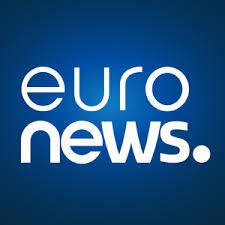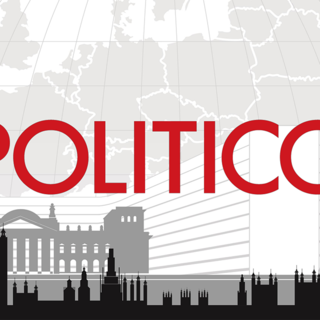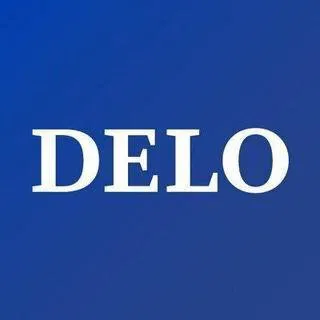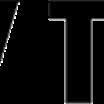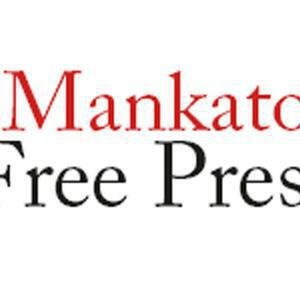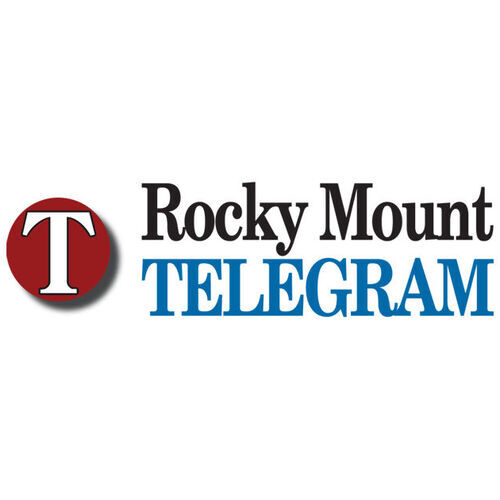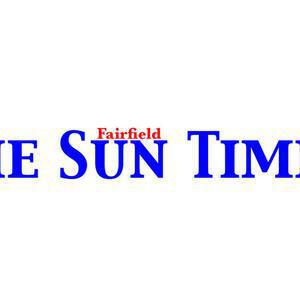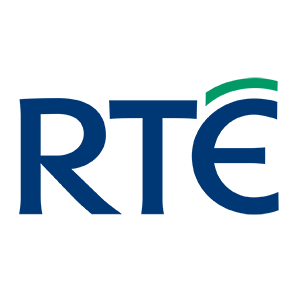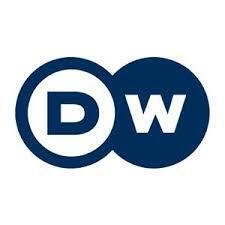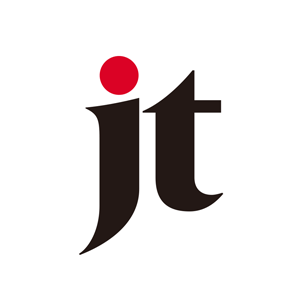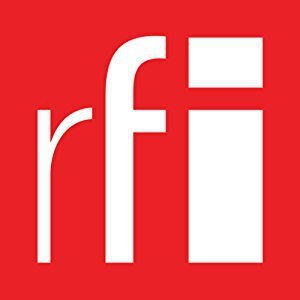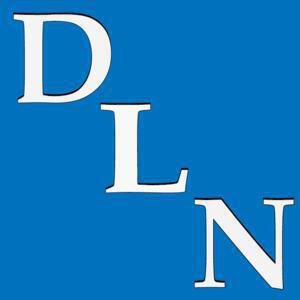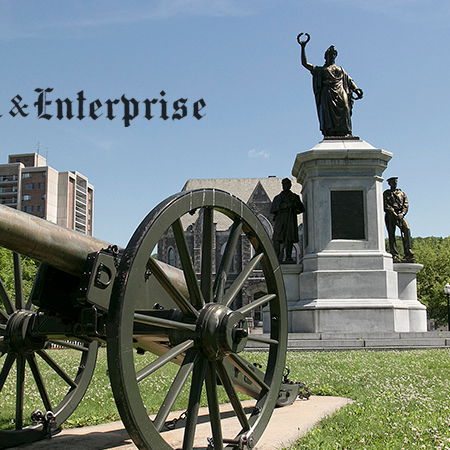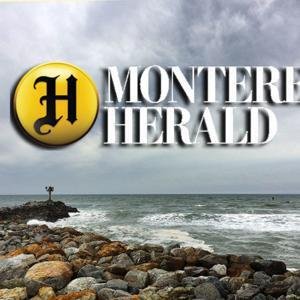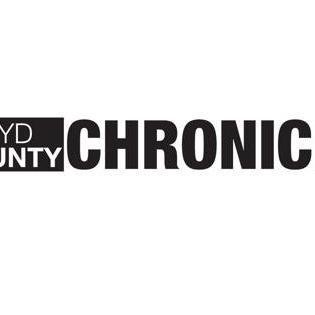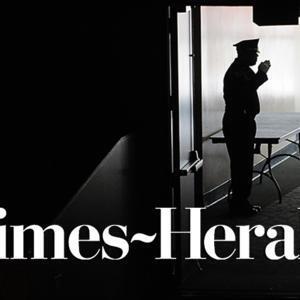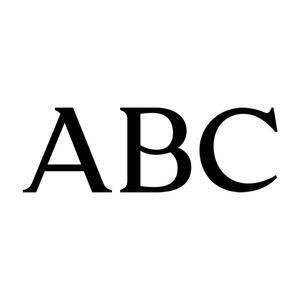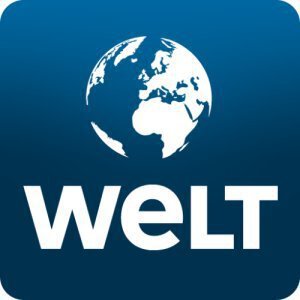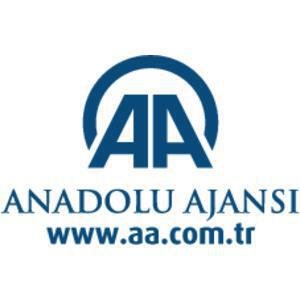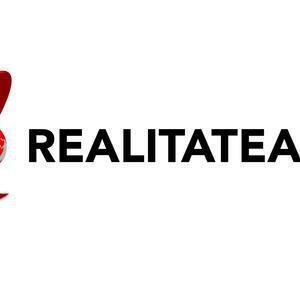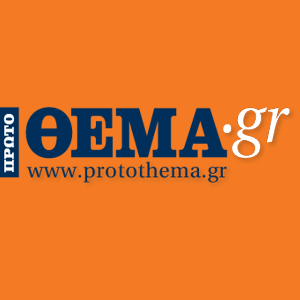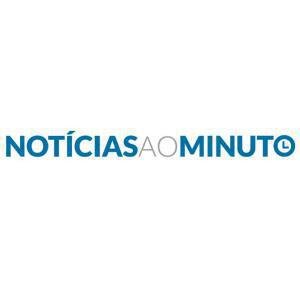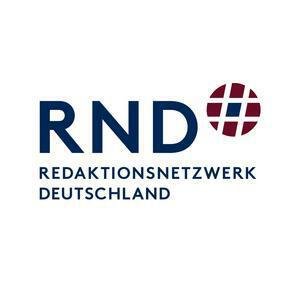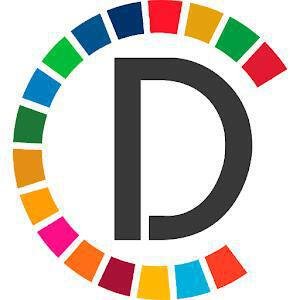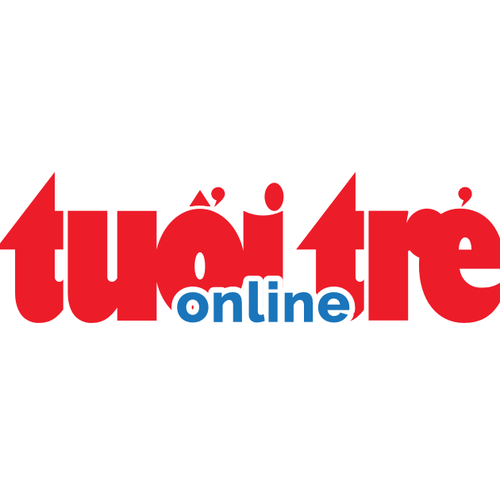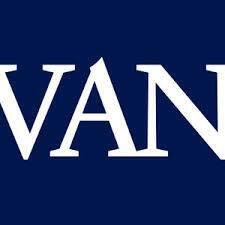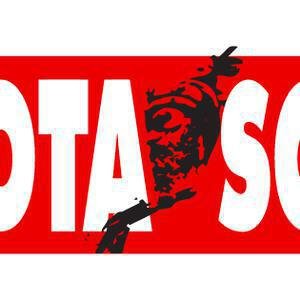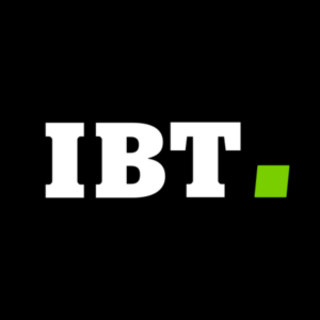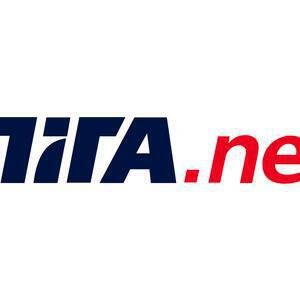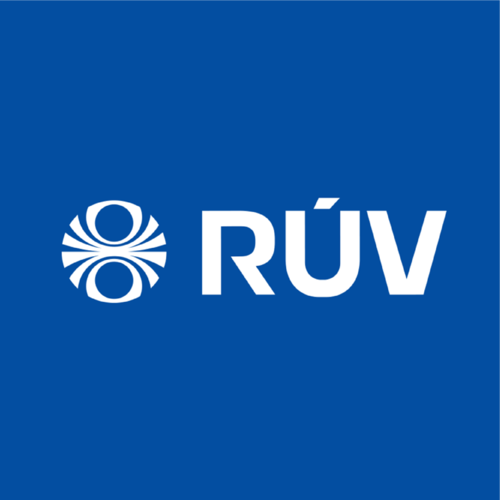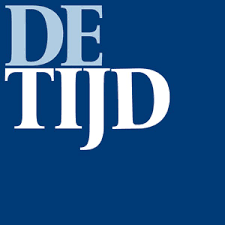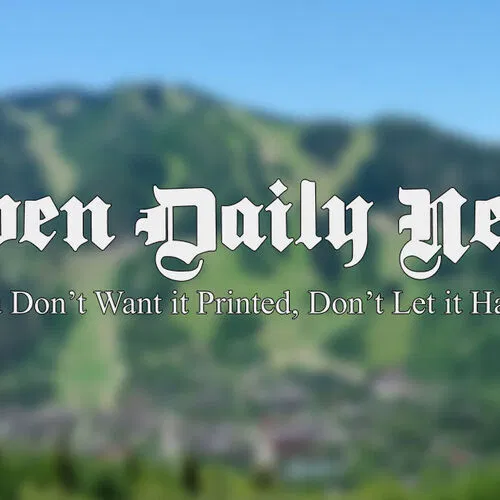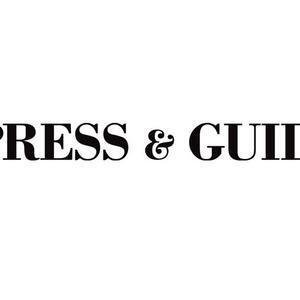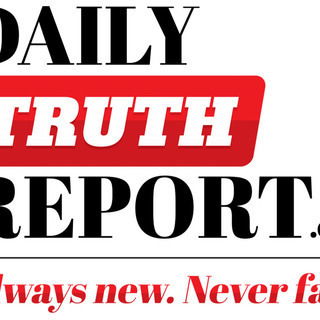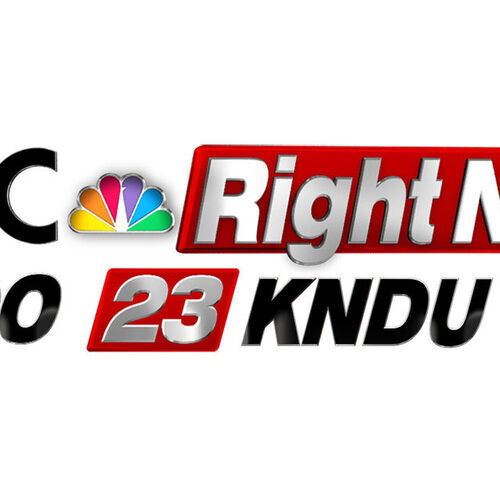- Secretary of State Marco Rubio met with NATO foreign ministers to reassure European allies of the U.S. commitment to the alliance. Rubio emphasized the need for increased defense spending, calling for a “realistic pathway” to 5% of GDP.
- Rubio’s visit comes amid tensions between Washington and Europe, fueled by U.S. tariffs and President Trump’s criticisms of NATO spending.
- The U.S. is also engaging with Russia, with investment envoy Kirill Dmitriev set to meet with Trump administration officials in Washington.
Full Story
Secretary of State Marco Rubio met with NATO foreign ministers in Brussels on Thursday, April 3, aiming to reassure European allies about U.S. commitment to the alliance under President Donald Trump. Rubio emphasized that the U.S. would remain in NATO and called for allies to increase defense spending to 5% of their gross domestic product.
While reaffirming U.S. support, Rubio also underscored Trump’s view that the alliance needs more substantial capabilities. NATO currently recommends that members spend 2% of their GDP on defense. Only 23 of the 32 members met that threshold last year. Some nations, including Italy and Spain, remain below the target.
How the visit fits into Trump’s NATO stance
Rubio’s visit comes amid tensions between Washington and Europe, fueled by new U.S. tariffs and Trump’s criticisms of NATO spending. Trump has proposed tariffs on European imports and has warned that the U.S. may not defend NATO members that don’t meet defense commitments.
Despite those comments, Rubio said NATO remains essential and defended Trump’s push for financial burden-sharing. He called for a “realistic pathway” toward the 5% target and noted that increased investment would help NATO confront evolving threats from Russia, China and Iran.
What’s the status of US-Russia diplomacy?
Meanwhile, Russian investment envoy Kirill Dmitriev will travel to Washington to meet with Trump administration officials. Dmitriev’s visit will mark the highest-level Kremlin engagement in the U.S. since Russia’s full-scale invasion of Ukraine in 2022.
Dmitriev, a former Goldman Sachs banker and head of Russia’s sovereign wealth fund, said the meetings were focused on restoring U.S.-Russia dialogue. He posted on social media that talks would aim to rebuild economic and diplomatic ties, which he said were “completely destroyed under the Biden administration.”
What role is Dmitriev playing in US-Russia talks?
Dmitriev is seen as a key intermediary between the Kremlin and Trump’s inner circle. He previously helped broker a prisoner exchange with U.S. envoy Steve Witkoff and has promoted cooperation on energy, rare earths and Arctic development.
U.S. officials say Witkoff invited Dmitriev to Washington, and the White House issued a short-term license to allow the sanctioned Russian official to travel. The Trump administration did not place new tariffs on Russia during the same week it imposed sweeping trade penalties on other nations, including Ukraine.
Broader implications for Europe
Rubio’s talks in Brussels coincided with growing concern in Europe that the Trump administration may press for a ceasefire in Ukraine on terms favorable to Moscow. Trump has voiced frustration with both Russian President Vladimir Putin and Ukrainian President Volodymyr Zelenskyy over the pace of negotiations.
European leaders, including NATO Secretary General Mark Rutte, continue to advocate strong support for Ukraine and stress that any peace must be just and lasting. Meanwhile, U.S. officials have not confirmed whether Dmitriev’s visit will include discussions on the war.










